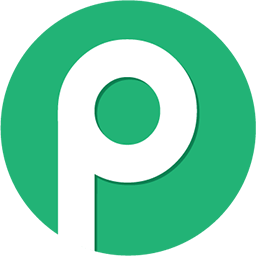We have a Woocommerce store and Wave accounting software. We want to sync all invoices going back to 2019 and import them from Woocommerce to Wave. We want only orders with "Completed" status to be imported.
We dont care about customer details really and we only care about the numbers (ie: line totals, sub-totals, discounts, shipping, taxes).
Do you have a template to use for this scenario to work? Where can i start?
We dont care about customer details really and we only care about the numbers (ie: line totals, sub-totals, discounts, shipping, taxes).
Do you have a template to use for this scenario to work? Where can i start?



